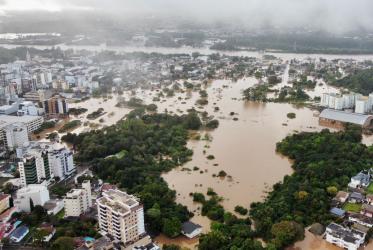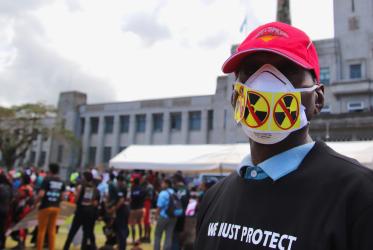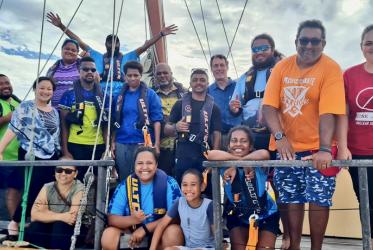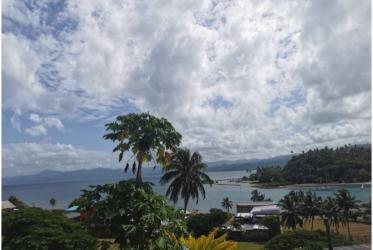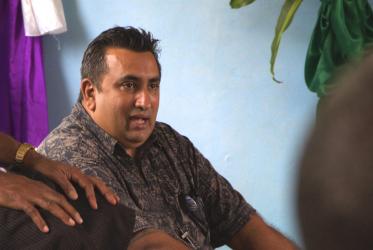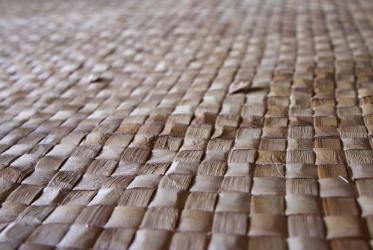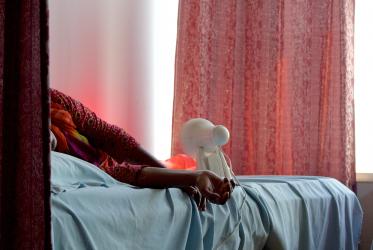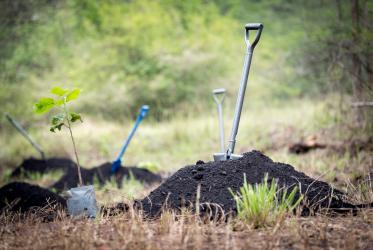Displaying 1 - 20 of 73
In wake of floods in Brazil, WCC expresses concern and solidarity
09 September 2023
Pacific churches call for Japan to halt wastewater dump
29 August 2023
WCC stands in solidarity with victims of major flood in Brazil
17 February 2022
Pacific Theological College publishes “A COVID-19 Wellbeing Statement”
03 September 2021
Webinar brings Pacific voices for a new creation
10 February 2021
WCC podcast deals with death and dying
15 December 2020
Applications open for WCC Eco-School
22 October 2020


